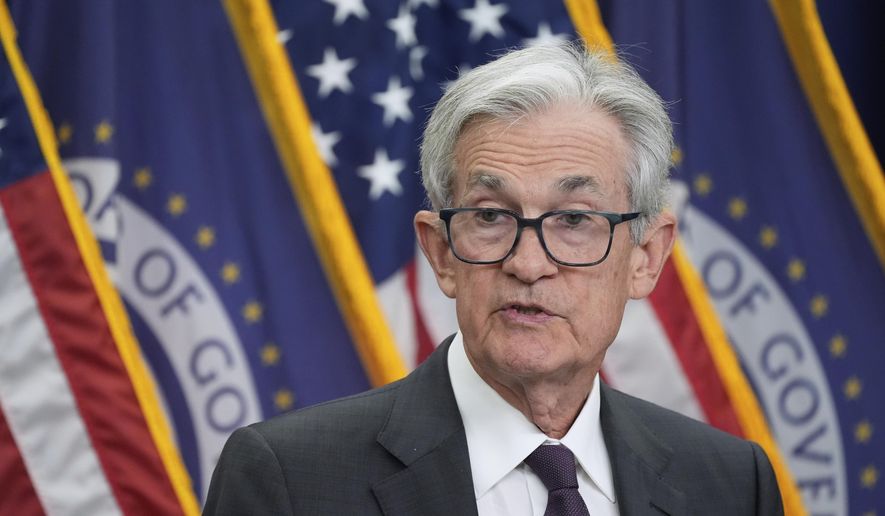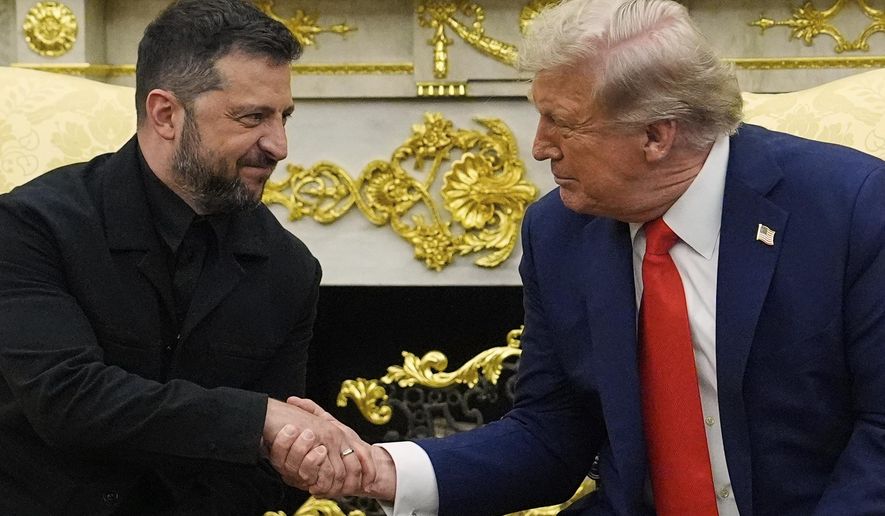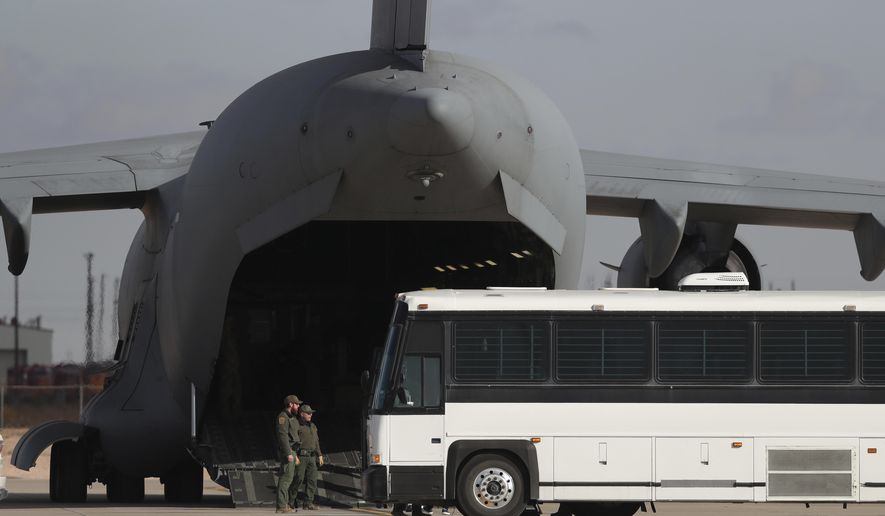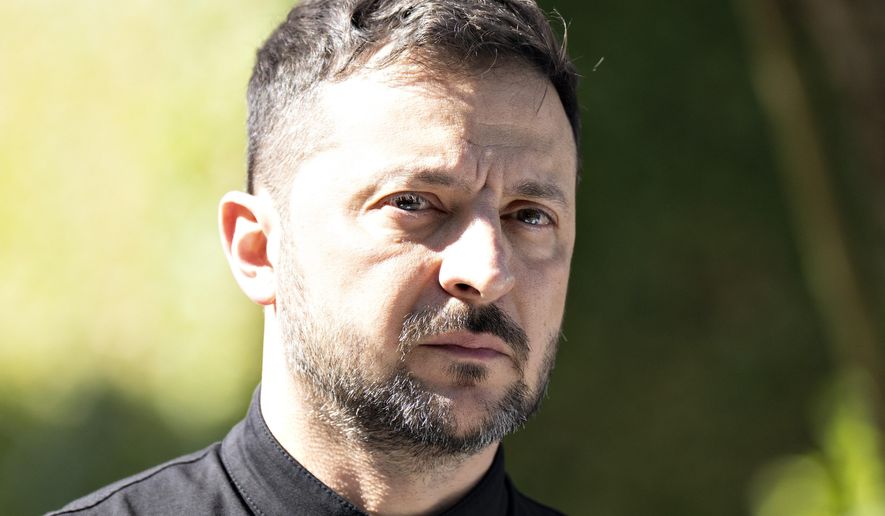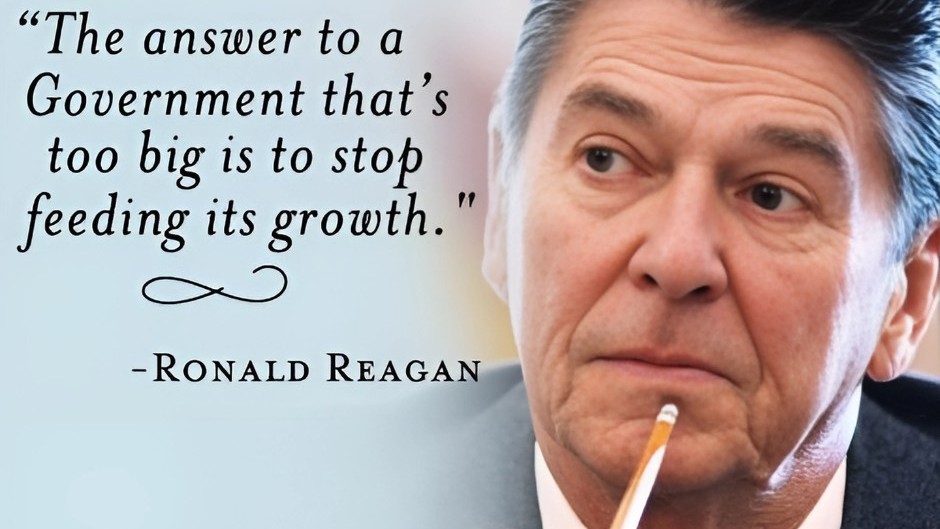Protecting Security Interests While Avoiding Unnecessary Entanglements
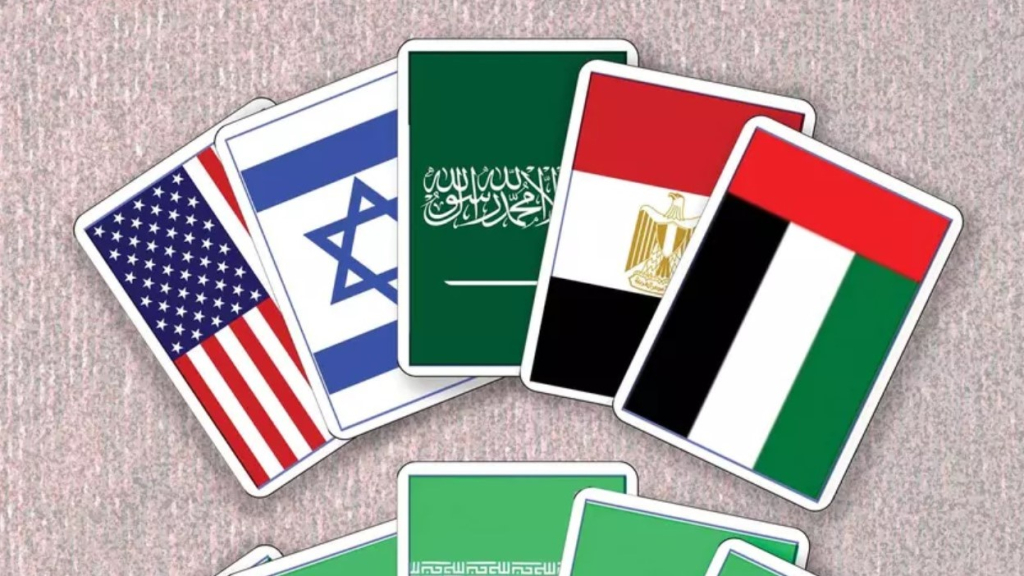
Rep. Rich McCormick | May 15, 2025
(The Washington Times) — As President Trump continues his tour of the Persian Gulf states, the world’s attention has turned to a region that has long been a source of global turmoil and domestic unrest. The recent U.S. military strikes against the Houthis in Yemen are reminders of the large volume of blood and treasure invested by the U.S. and our allies in the Middle East in recent decades.
Mr. Trump is visiting the Gulf at a critical juncture. Iran continues to work toward developing nuclear weapons, and America’s response will help decide the region’s future and affect generations to come. We must protect our national security interests while avoiding costly, unnecessary entanglements abroad that risk the lives of our military service members.
As a U.S. Marine and Navy veteran who served in combat zones across Africa, South Korea, Afghanistan and the Persian Gulf, I’ve seen firsthand the toll that foreign interventions take on our brave men and women in uniform. We must learn from our experiences and take a more pragmatic approach to foreign policy.
Congress is divided on the future of U.S. foreign policy. Some favor unconditional loyalty to alliances based on shared values and consider American involvement abroad a moral obligation. Others see international intervention as a waste of resources in a no-win scenario. To me, strict isolationism and liberal interventionism threaten our values, our prosperity and our interests abroad. Our path forward begins with alliances built on common interests against shared adversaries, not abstract, extreme ideology, which is more political than strategic.
We are at a crossroads for American intervention abroad. We are the most powerful nation in the world economically and militarily. The world turns to us first to set the tone for what will follow. Unfortunately, this has led to politically motivated intervention. Instead of going all in, we deal in half-measures, afraid to intervene decisively. This has resulted in failures in Vietnam and Afghanistan and only marginal success in Iraq. We should know better.
Every senior military officer must take advanced steps to learn from our mistakes. In the past 70 years, we have prolonged wars because we have turned to limited warfare. We didn’t want huge headlines about losses of innocent lives or American troops. We didn’t want large investments of money and resources. The result has been drawn-out wars fought poorly. Conversely, when we have used surge ops, committing significant resources, sanctions and international leverage, we have succeeded in short order.
Mr. Trump has far exceeded expectations in his foreign policy. The Abraham Accords have been arguably the most effective peace initiatives for the Middle East in this lifetime. Israel and several of the Gulf states have worked together to share intelligence, integrate their air defenses and deter aggression from Iran and their proxies. There has been far less violence and death in the region and considerably more economic cooperation than there was on President Obama’s watch. The Nobel Peace Prize was definitely awarded to the wrong person.
The Trump effect on prosperity and stability stems from his ability to link nations together economically while showing little tolerance for those who would harm American troops, civilians or allies. Whether it be dropping the “Mother of All Bombs” on the Taliban, taking out Houthi terrorists in Yemen or demanding that opposing nations come to the table for peace talks, Mr. Trump’s approach is unapologetic: “Peace through strength.”
Reshaping our alliances to ensure they best serve our interests requires a balanced negotiation strategy of persuasion and, if necessary, coercion. We owe it to the American public to ensure that our foreign policy is a responsible investment of taxpayer dollars and an effective means of deterring our adversaries in the Middle East and elsewhere.
The president has shown that he is neither an isolationist nor a war hawk. He now faces the same challenge that his predecessors have so far been unsuccessful in solving: getting the Iranian regime to denounce possessing nuclear arms and stop sponsoring terrorism. If his previous success is any indication of the future, Mr. Trump may be the most consequential president in the Middle East peace process who has ever lived.
Rep. Rich McCormick is a decorated veteran and emergency room physician who proudly serves Georgia’s 7th Congressional District. He serves on the House Armed Services Committee, the House Foreign Affairs Committee and the House Committee on Science, Space and Technology as chairman of the oversight and investigations subcommittee.







